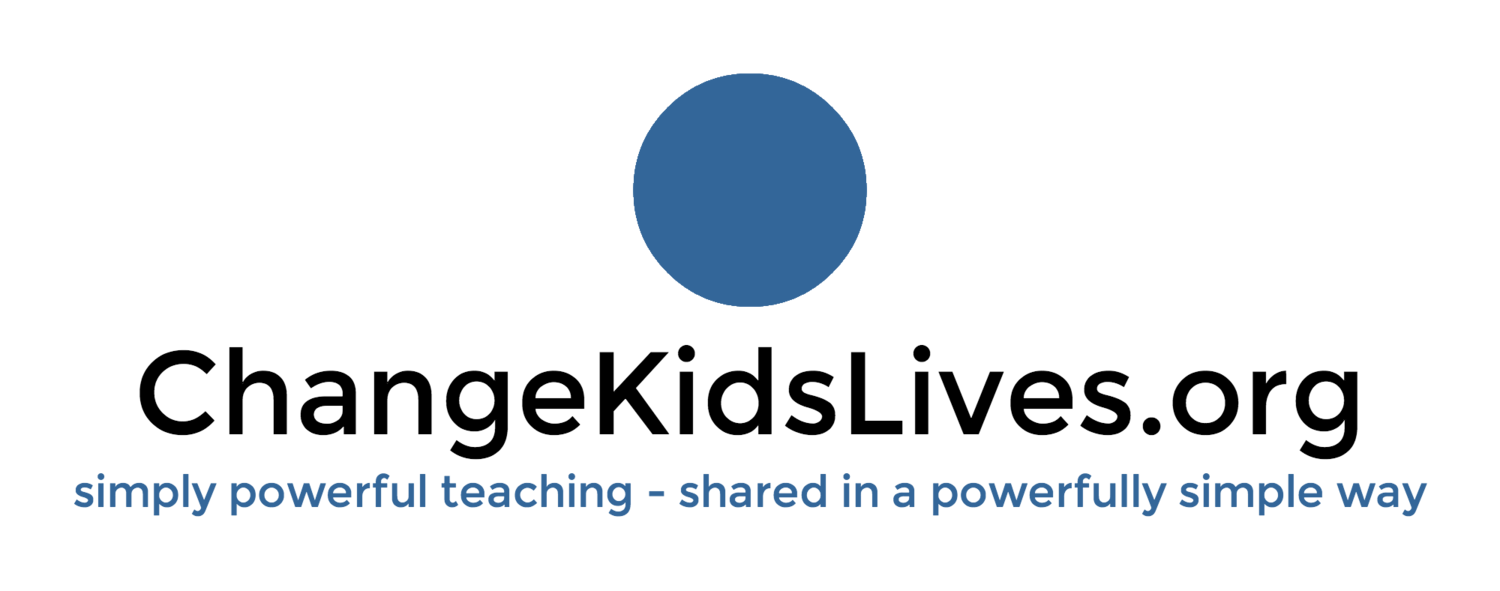Do Teachers Have Favorites (And Not Realize It)?
simple truth:
We all have personal biases, which can have a real impact on our students.
It went on for weeks. During my pre-dawn drives to the gym, I would routinely pass a middle-aged man along side the road. He was always wearing the same clothes and either digging through trash or trying to hitch a ride. As I drove past him, I often wondered about his story. Who was he? What experiences led him to this point? And how could I help?
One morning I decided to pull over and give him a ride. That ride led to other rides, and before long, I was routinely stopping to pick him up. He was a former military veteran, and he rarely elaborated on any of my questions. Every answer was short and to-the-point, as was his answer when I asked his name. He just provided three initials.
I got it. He didn't want to chat much, and it seemed as though he had put up some pretty strong walls toward any attempt in me getting to know him. This may have been a defense mechanism that he learned to use over time. I assumed that he was homeless. And my heart went out to him.
The morning rides went on for weeks. As did our short conversations, which never amounted to much. Then one morning it happened. A conversation of substance, which began with my very causal question about the weather and if he had a favorite season. His response, "Do you have siblings? If so, did your parents have favorites? What about when you were in school, did your teachers have favorites? The problem with having favorites is that some people are left out. Not being a teacher's favorite can really impact a kid in school."
We went on to discuss the impact favorites could have on a child. This coming from a man who always seemed to have a gruff, suck-it-up type of attitude. For him to express empathy for students being left out surprised me. That day after I dropped him off at the gas station where he always requested, I began to think about why this topic was so close to his heart. Had he been impacted by being passed over as a student or in his family? And if so, how did that experience impact where he is now in his life?
This conversation was such a powerful learning experience for me. Not just with him reinforcing that educators should not have favorites. But also, I recognized that I had a personal bias regarding him. My approach to picking up this man was that I was the one who should be helping him. Yet, it was he who was teaching me.
research tells us:
The research is clear. When teachers favor or show bias to students, there are real academic and social impacts. Studies indicate that teachers can favor male students in classroom conversations by spending up to two-thirds of class time speaking with them versus their female students. Teachers tend to interrupt female students, though allow males to talk over the teacher. Some research has found that girls are assumed to have lower math IQ's by their teachers and parents. In addition, researchers noted that some teachers gave females a lower grade on math tests when they knew the students gender, as opposed to when there was no name on the test. One study found that if a teacher had a similar personality to certain students, that teacher had a more positive perception of those students. Research involving high school teachers indicated that "high schoolers who were considered good looking received higher praise, better grades, and more credit for being warm and sensitive." One analysis of student suspension data found that "black girls with the darkest skin tones were 3 times more likely to be suspended than black girls with the lightest skin."
Yes, the research is clear that we do have biases. Then the question is, what can we do about it?
try this:
Acknowledge that we have students who we have a more natural connection to. Be deliberate in reflection to consider who we may favor and what biases we have.
Take the Project Implicit test, which was developed by top university researches to "educate the public on hidden biases."
Create short and long term goals to interrupt how we favor and show bias to students. This TED Talk by Verna Myers provides practical suggestions on overcoming our biases.
Grow as a culturally responsive teacher. Three crucial steps to explore and an accompanying infographic are found here.
Understand that overcoming our biases is not a one-time experience; it's an on-going process.
review & share this:
For additional reading and referenced research, click here.

